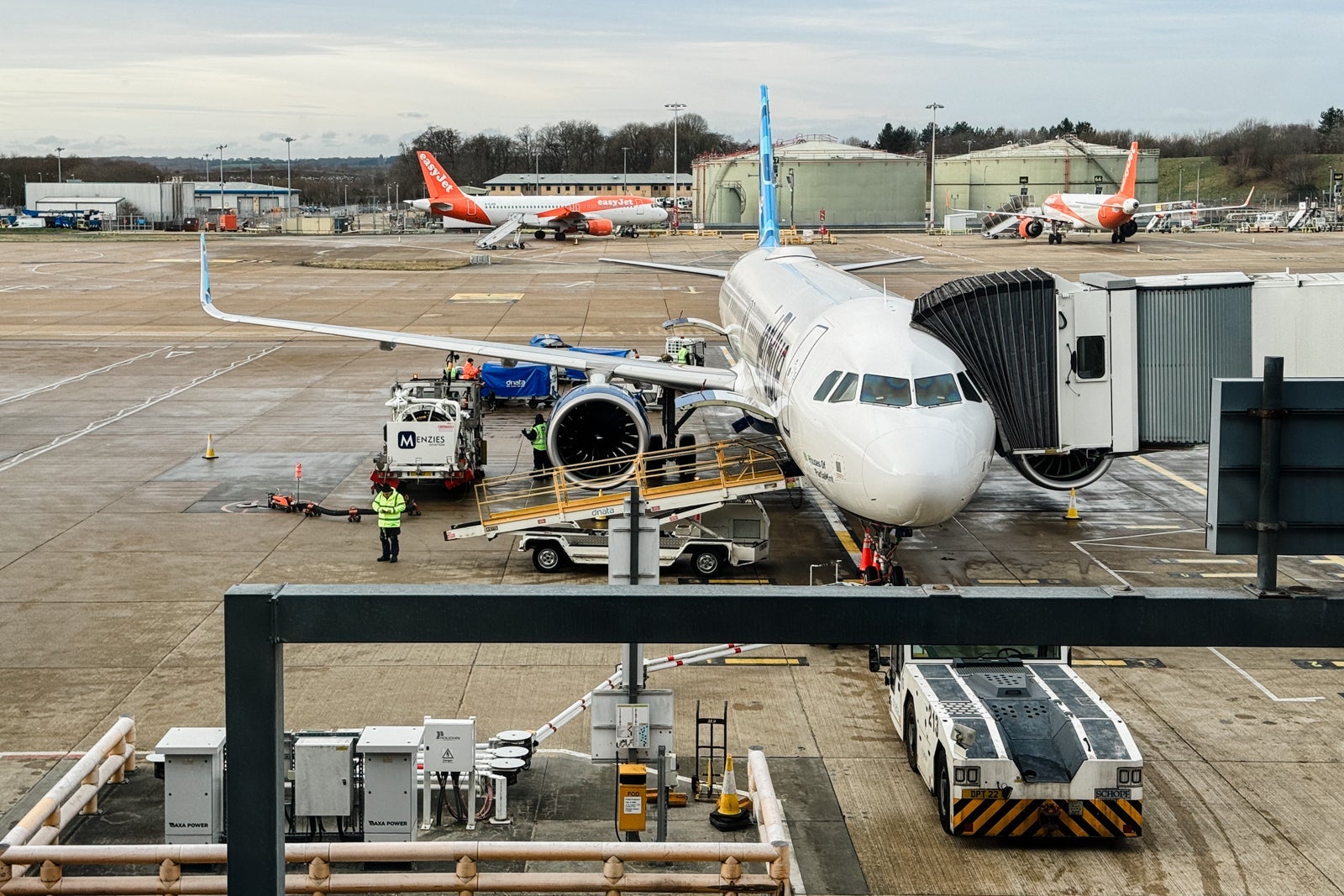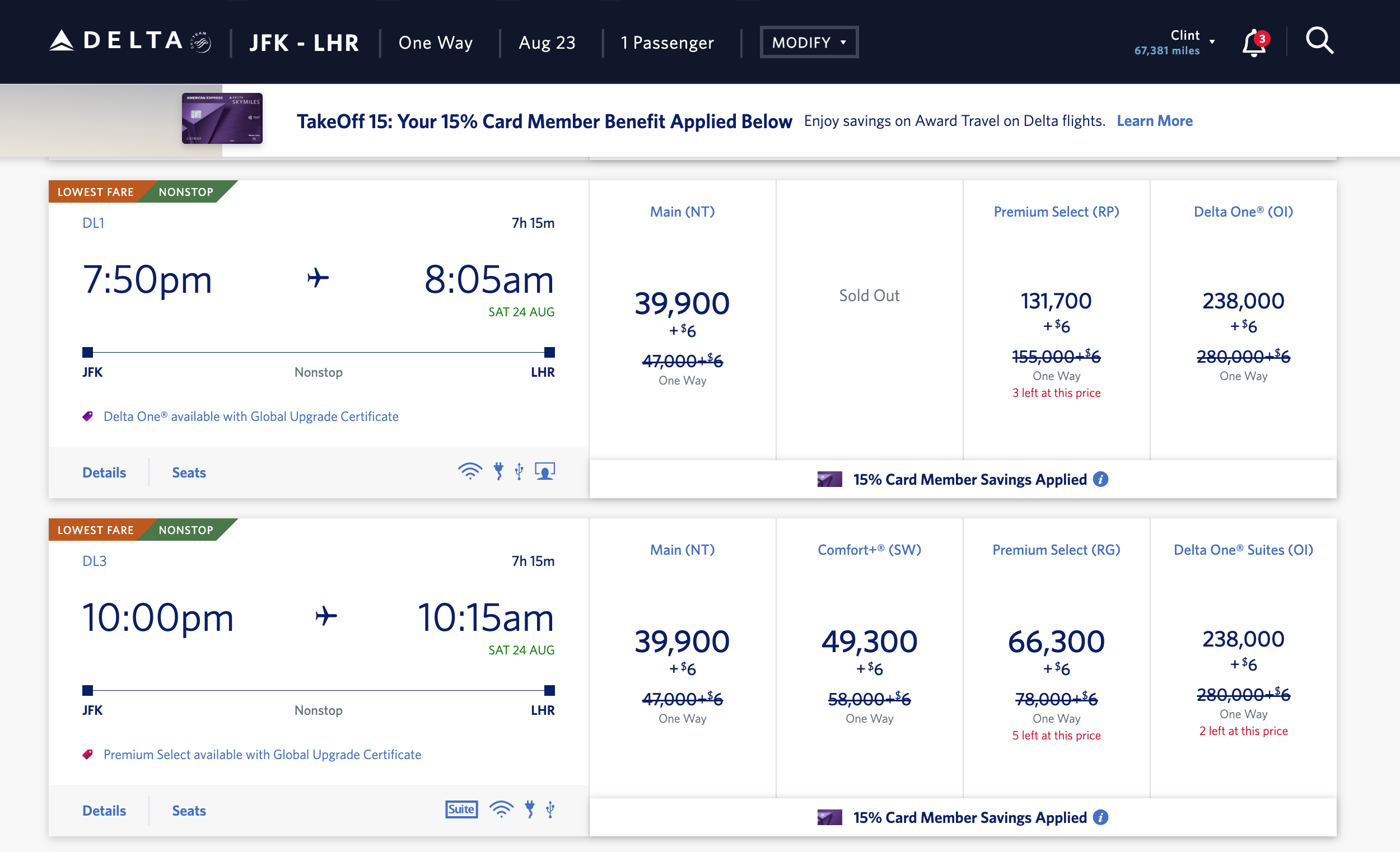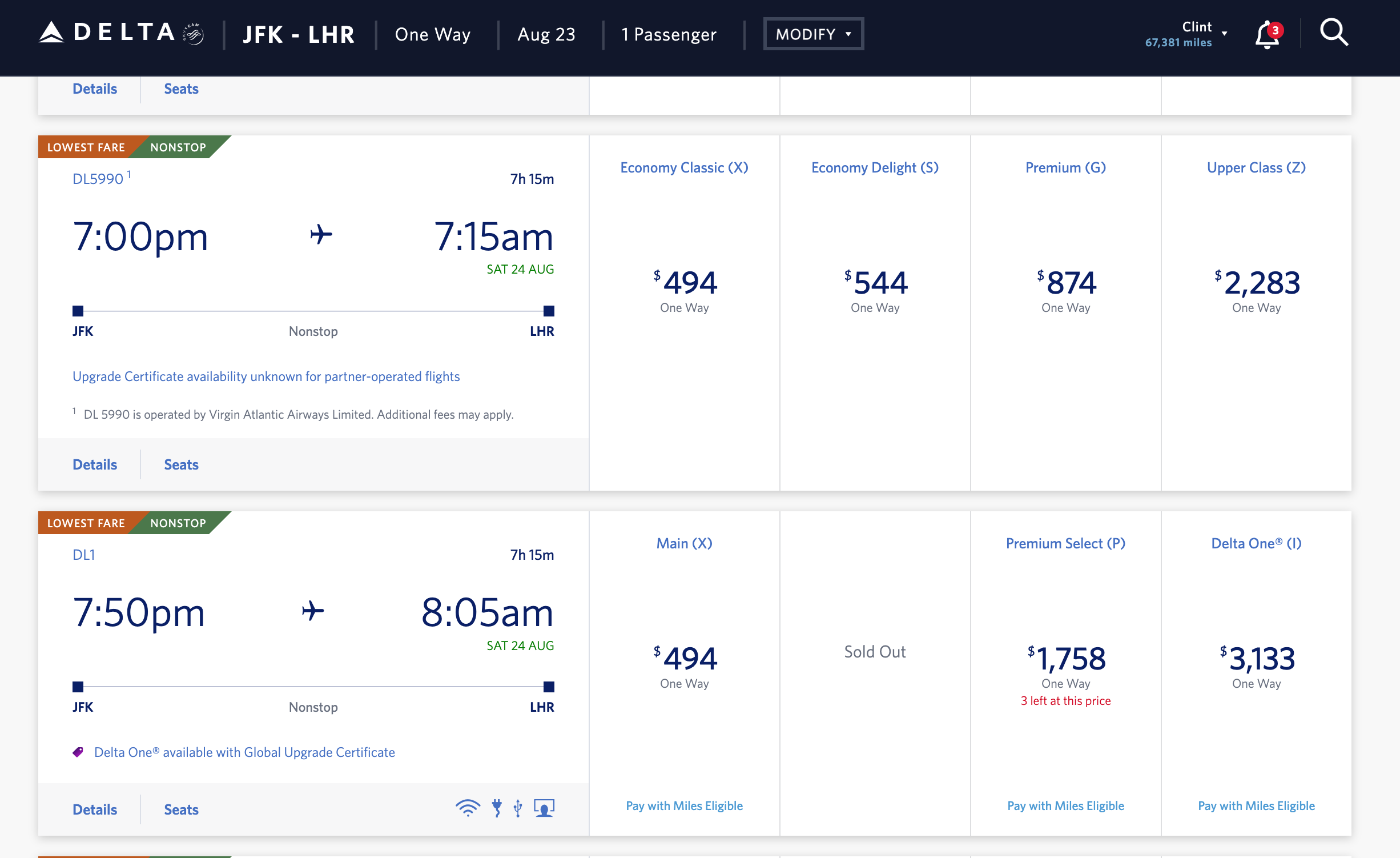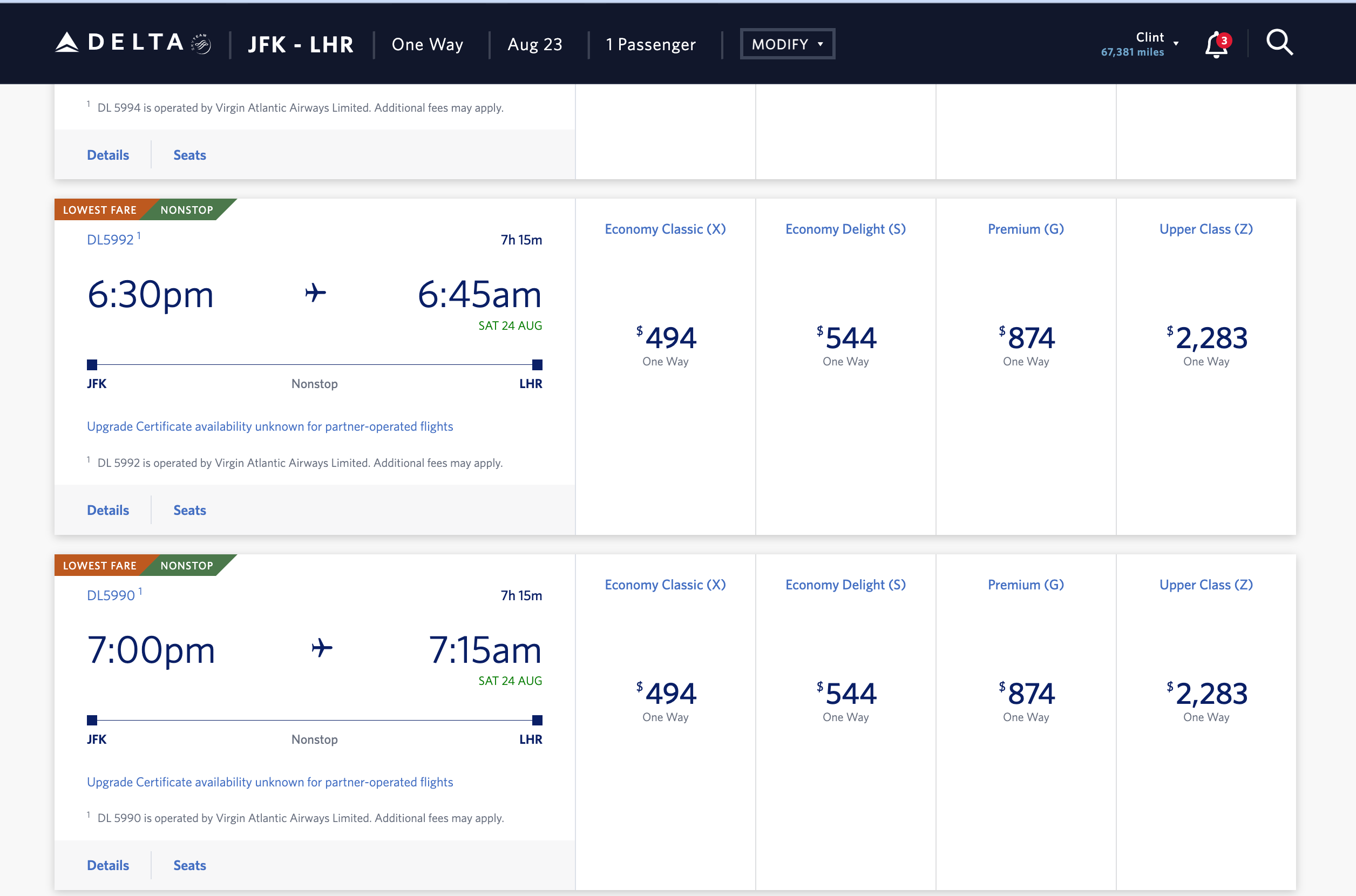How much will your vacation really cost? The scourge of dynamic pricing is spreading like wildfire
JetBlue set off a firestorm earlier this year when the airline announced it would begin dynamically pricing baggage fees. A first checked bag costs $45 for "off-peak" flights and $50 during "peak" days and times. For a second checked bag, the fee can jump to as much as $70, and prices are even higher if you book within 24 hours of a flight. Plus, JetBlue has already raised the cost of checked bags a few times this year.
From restaurants to ride-hailing services, dynamic pricing (or surge pricing) seems to be spreading like a plague across the travel landscape. Dynamically priced mileage reward redemptions have long been the norm, but now off-peak and peak pricing has spread to other integral parts of the travel experience as well, with JetBlue being the most recent example.
"Dynamic pricing reflects a fundamental of economics — supply and demand," said Henry Harteveldt, president of the Atmosphere Research Group, a travel industry market research and advisory firm. "An airline may have a finite amount of product, so the airline may raise prices."
Harteveldt says he expects to see dynamic pricing become an even larger issue for travelers in the future. "The downside to dynamic pricing is that the consumer doesn't know what it's going to cost," he says. "One day it may cost $30 and another day $45 and some other time $15. What's unfortunate is that the travel is an afterthought. Airlines are not thinking about the consumer as they make these decisions."
Here's where we are already seeing dynamic pricing in action and where it might show up next.
Ride-hailing apps
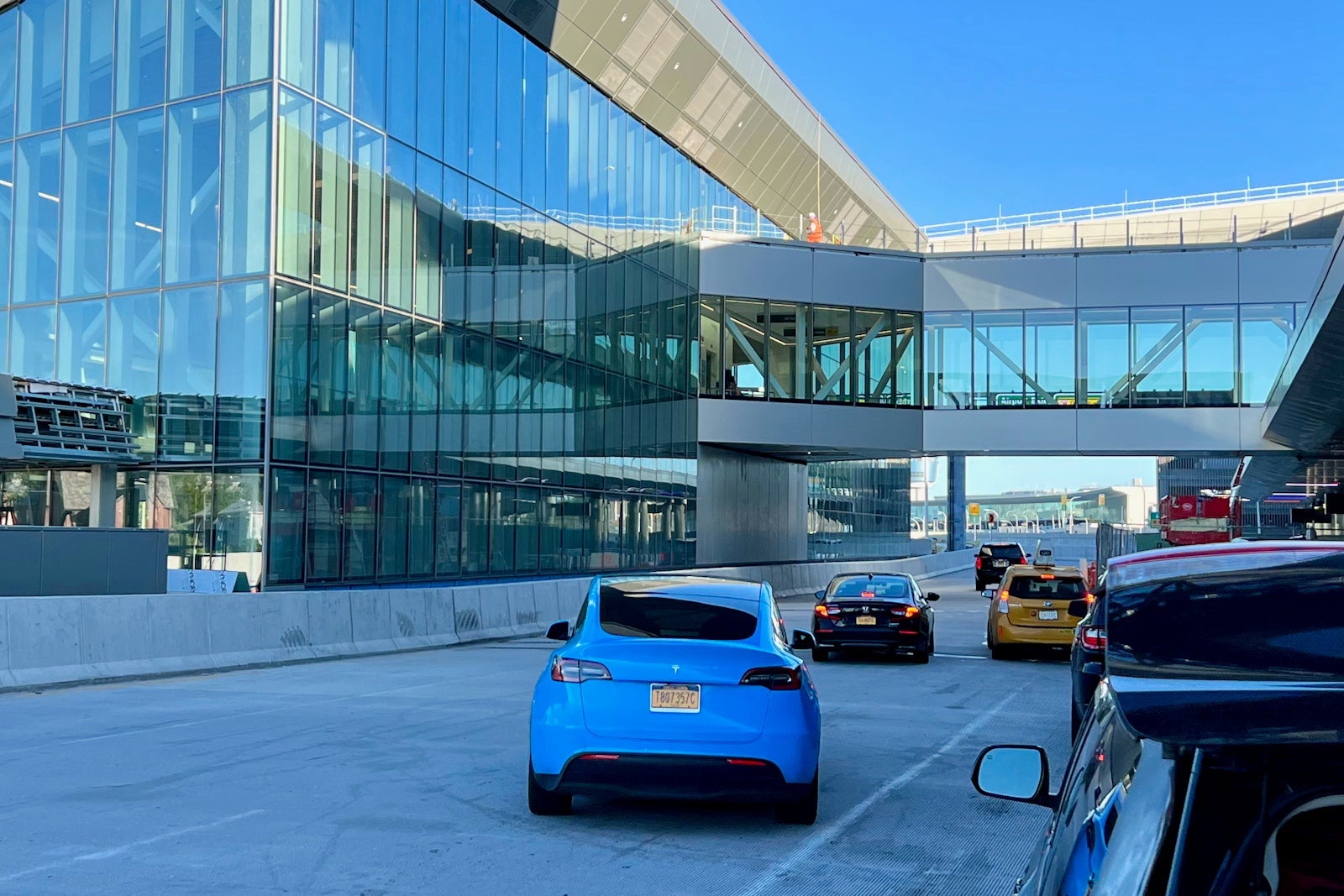
Ride-hailing apps' business models are all based on dynamic pricing. The more demand there is, the higher prices will be. Theoretically, higher prices will encourage more drivers to log in and work. You're more likely to encounter surge pricing during severe weather or popular events (such as a concert) when driving in a certain area may be difficult or crowded.
In my opinion, Uber, Lyft and even Revel have all gotten better at making fares as high as possible without pushing customers away. When I land at New York-area airports, I often check all three apps to see which might be cheaper. Oftentimes, their prices are within just a few dollars of each other.
Now, non-ride-hailing businesses are looking to copy and capitalize upon this model.
Award tickets on many airlines
As you undoubtedly have noticed, many airlines have gone fully dynamic with award pricing, and these days, award prices closely match cash prices. This is particularly true with Delta Air Lines. Getting more than a penny per mile in value with award redemptions at Delta is rare.

Related: Dynamic airline award pricing is out of control — here are some ways to beat it
Delta SkyMiles was the first major program to ditch award charts way back in 2015. Here's an example of a one-way flight in business class from New York's John F. Kennedy International Airport (JFK) to London's Heathrow Airport (LHR) in August. You'll pay between 200,000 and 280,000 miles when using SkyMiles to book the flight. The cash price is $2,283. Even in the best-case scenario, if you're using miles for this flight, you barely get more than a cent per mile.
Of course, American Airlines and United Airlines have also now ditched award charts. I fondly remember being able to book American Airlines flights to Europe for 50,000 AAdvantage miles one-way in business class. Back in the day, most airline loyalty programs used a zone- or distance-based award chart, allowing members to look up how many points or miles they would need to travel to any city and in any class. Those days are long gone.
While deals that good are rare, you can still sometimes find good mileage deals with American AAdvantage and United MileagePlus. That's seldom the case with Delta. When it comes to U.S. airlines, the good ol' days are mostly over.
Related: Dynamic pricing vs. fuel surcharges — which is the lesser of two evils for your next redemption?
Restaurants
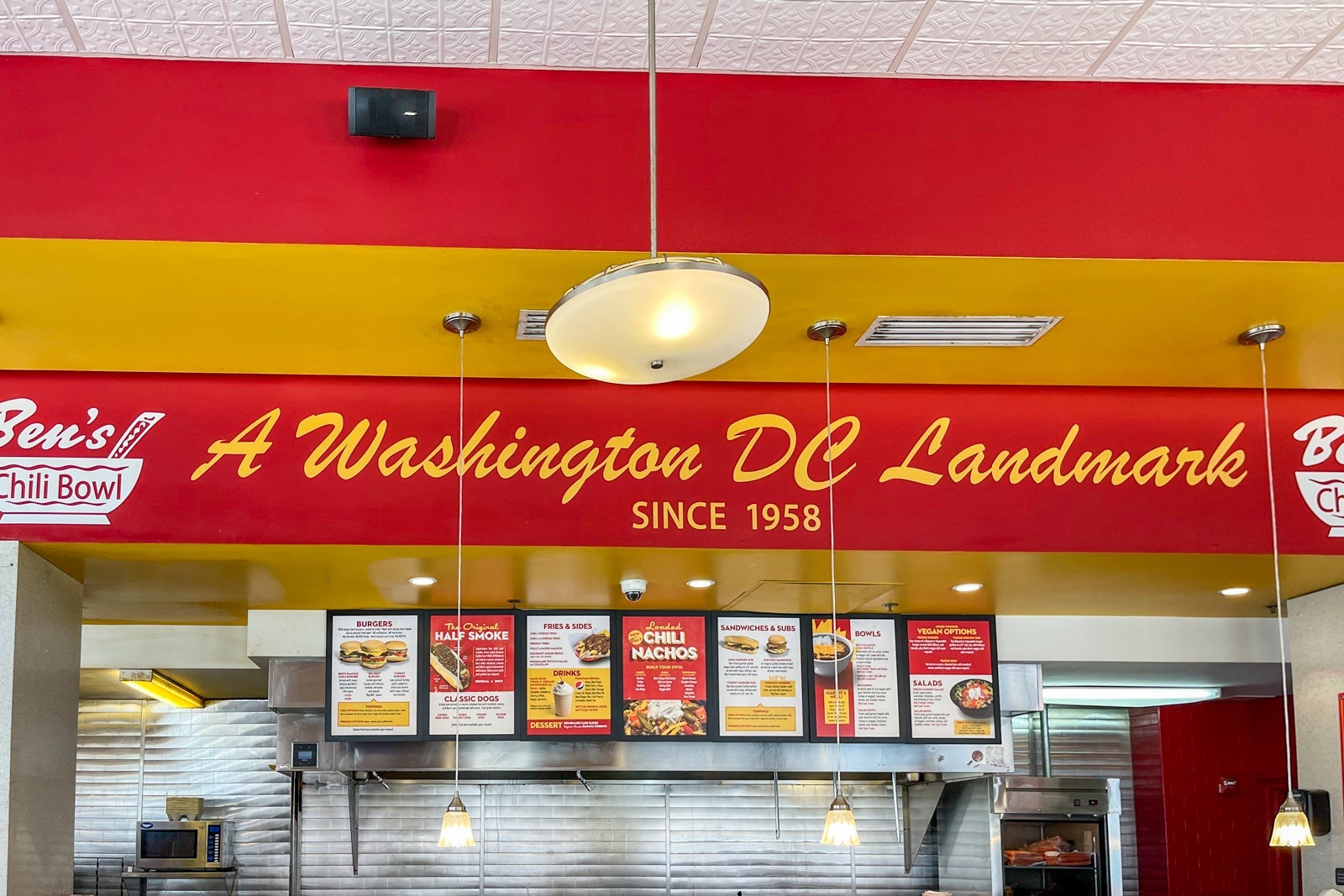
Wendy's faced a huge backlash when it said it would roll out dynamically priced menu items in 2025. Reports said that at peak times, when restaurants were most busy, things like burgers and fries would cost more than usual. Wendy's, however, insists the whole thing was a misunderstanding.
"This was misconstrued in some media reports as an intent to raise prices when demand is highest at our restaurants. We have no plans to do that and would not raise prices when our customers are visiting us most," the company said in a statement. Instead, Wendy's said it would actually lower prices during slow periods.
But dynamic pricing is already here at other restaurants.
According to the Wall Street Journal, Dave & Buster's is among dozens of restaurants charging more for food at busier times. There's even a company called Juicer that helps restaurants institute surge pricing.
Traditionally, restaurants charge more for dinner than they do for lunch, but changing prices based on demand is new. Take a closer look at the menu the next time you dine out.
JetBlue bag fees
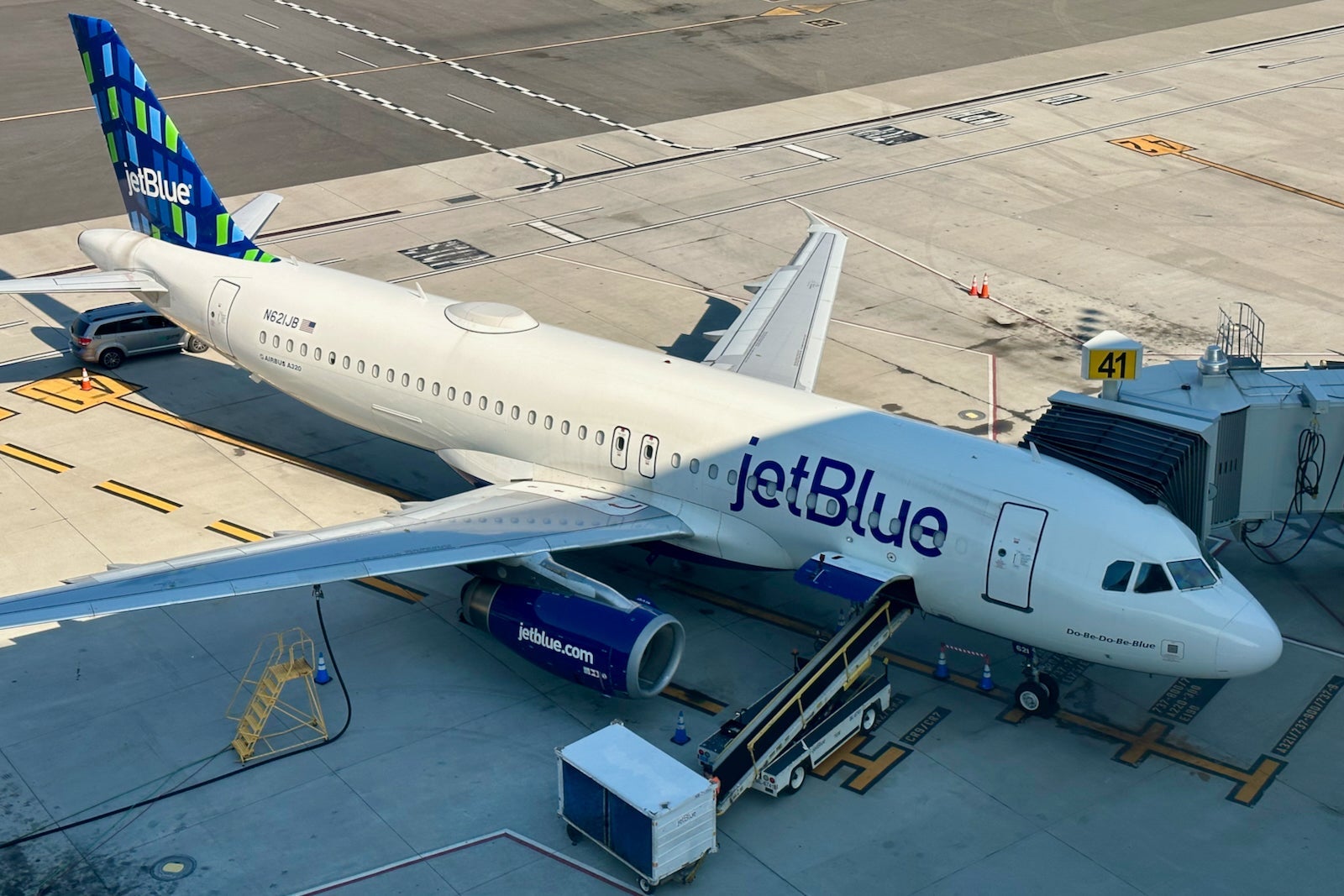
JetBlue announced in April that it was introducing surge pricing for luggage. A first checked bag now ranges between $35 and $50 depending on whether the airline considers it a "peak" or "off-peak" travel time. Fifty dollars is an industry high for a first checked bag on domestic flights.
You get $10 off that price if you add a bag before check-in (at least 24 hours before departure).
So, what does JetBlue consider a "peak" travel time? The airline says it considers the whole of summer and most holidays (including Valentine's Day, Presidents Day and most of April) to be peak travel time frames.
Here's the peak season pricing list for 2024 and 2025 from JetBlue:
- June 20-Sept. 3, 2024
- Nov. 21-Dec. 2, 2024
- Dec. 19, 2024-Jan. 6, 2025
- Feb. 13-Feb. 24, 2025
- March 3-March 28, 2025
- June 19-Sept. 2, 2025
- All other travel dates are considered off-peak pricing
JetBlue says it's hiking fees because the cost of transporting bags has increased significantly, and the company remains "unprofitable since COVID." "While we don't like increasing fees, we are making these adjustments to help get our company back to profitability and cover the increased costs," a spokesperson for the airline said in a statement to CBS News in April.
So far, we haven't seen other airlines take JetBlue's lead on baggage surge pricing, but JetBlue will almost certainly not be alone in its decision for long.
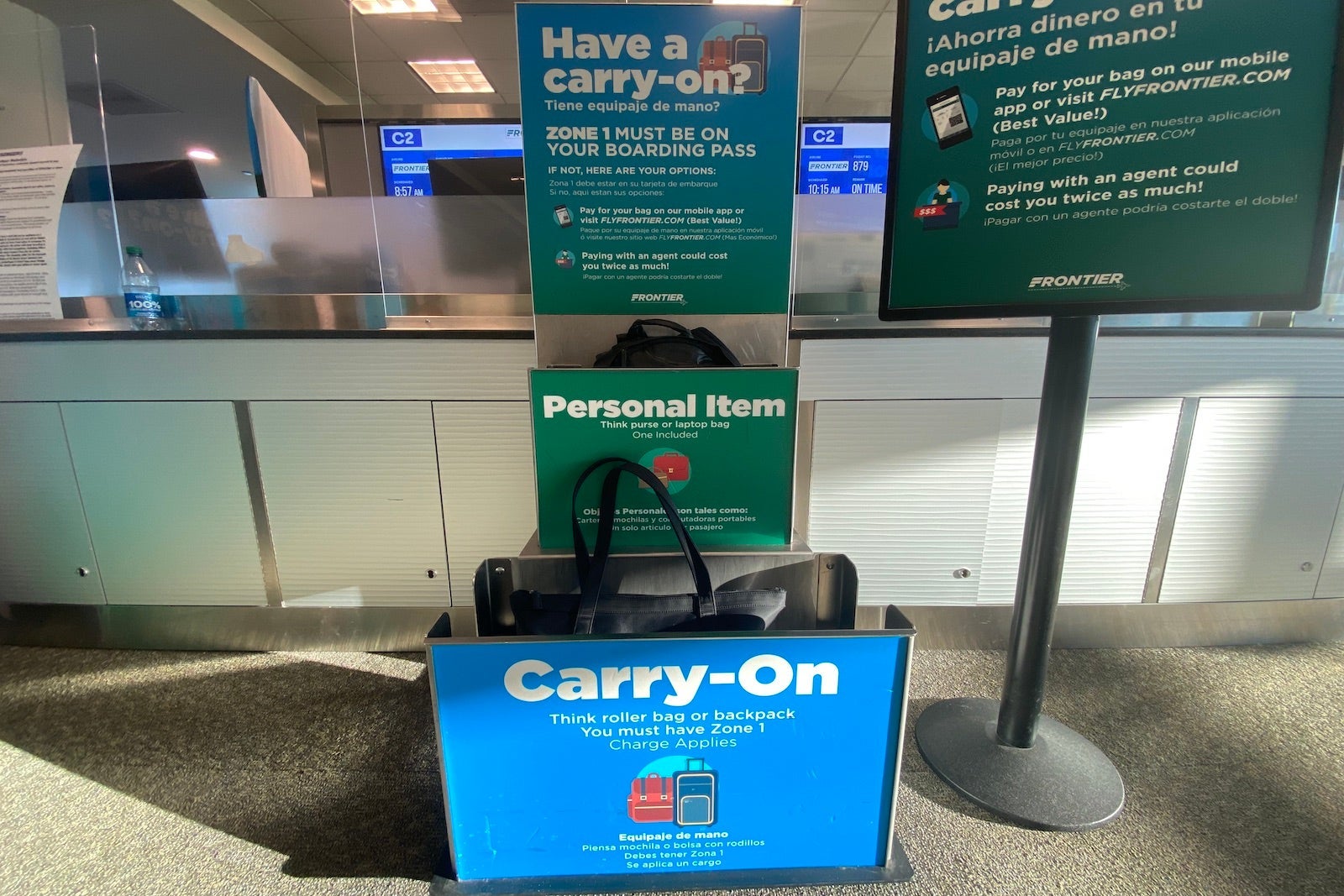
For example, Frontier Airlines already charges $50 to $89 for carry-on bags, depending on when you purchase. Other airlines also charge variable prices for checked bags depending on when you purchase. Could surge pricing come to other airlines? Harteveldt says yes.
"All of this will be dynamically priced based on supply and demand," he says. "Airlines are getting smarter with the technology they use. We are going to start to see airlines show bundled offers that might include services the consumer has already expressed interest in. That could include reserved seats, bags, a carry-on bag, a seat in the extra-legroom section and priority boarding. We are going to see more of this."
Related reading:
- Key travel tips you need to know — whether you're a first-time or frequent traveler
- The best travel credit cards
- Where to go in 2024: The 16 best places to travel
- 6 real-life strategies you can use when your flight is canceled or delayed
- 8 of the best credit cards for general travel purchases
- 13 must-have items the TPG team can't travel without
TPG featured card
at Capital One's secure site
Terms & restrictions apply. See rates & fees.
| 5X miles | Earn 5X miles on hotels, vacation rentals and rental cars booked through Capital One Travel |
| 2X miles | Earn unlimited 2X miles on every purchase, every day |
Pros
- Stellar welcome offer of 75,000 miles after spending $4,000 on purchases in the first three months from account opening. Plus, a $250 Capital One Travel credit to use in your first cardholder year upon account opening.
- You'll earn 2 miles per dollar on every purchase, which means you won't have to worry about memorizing bonus categories
- Rewards are versatile and can be redeemed for a statement credit or transferred to Capital One’s transfer partners
Cons
- Highest bonus-earning categories only on travel booked via Capital One Travel
- LIMITED-TIME OFFER: Enjoy $250 to use on Capital One Travel in your first cardholder year, plus earn 75,000 bonus miles once you spend $4,000 on purchases within the first 3 months from account opening - that’s equal to $1,000 in travel
- Earn unlimited 2X miles on every purchase, every day
- Earn 5X miles on hotels, vacation rentals and rental cars booked through Capital One Travel
- Miles won't expire for the life of the account and there's no limit to how many you can earn
- Receive up to a $120 credit for Global Entry or TSA PreCheck®
- Use your miles to get reimbursed for any travel purchase—or redeem by booking a trip through Capital One Travel
- Enjoy a $50 experience credit and other premium benefits with every hotel and vacation rental booked from the Lifestyle Collection
- Transfer your miles to your choice of 15+ travel loyalty programs
- Top rated mobile app

